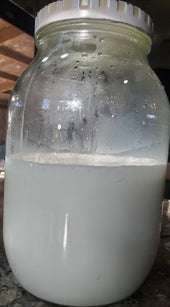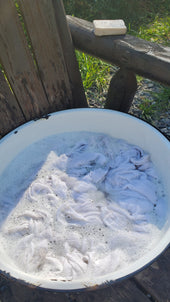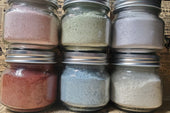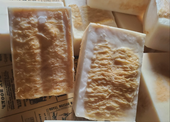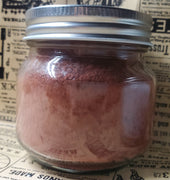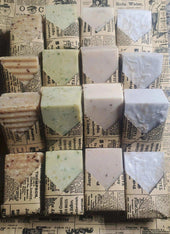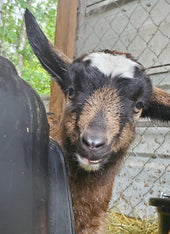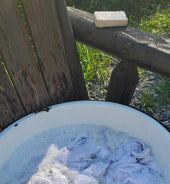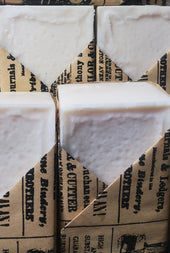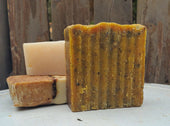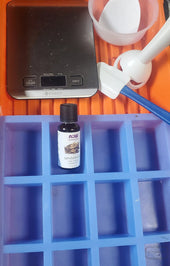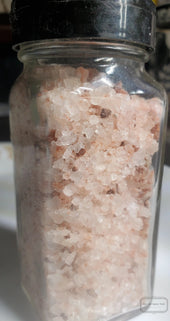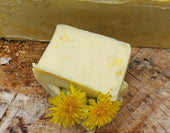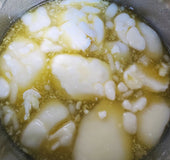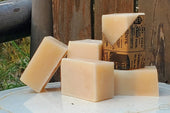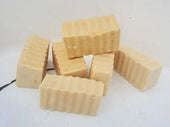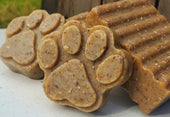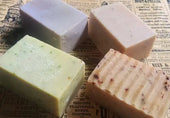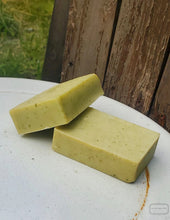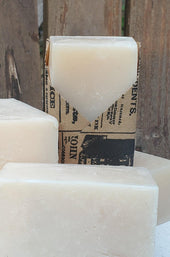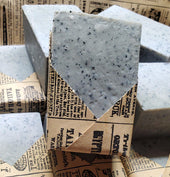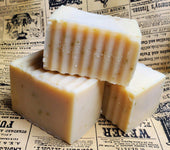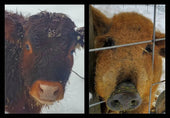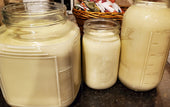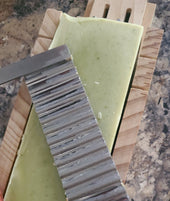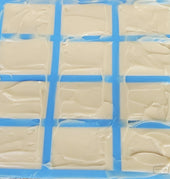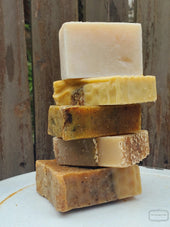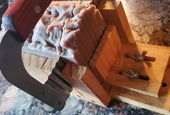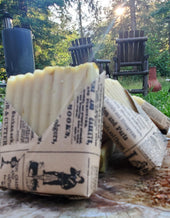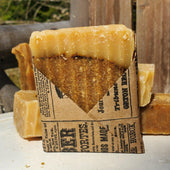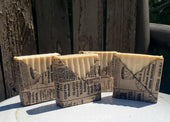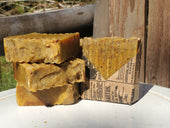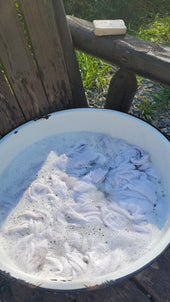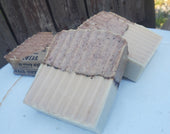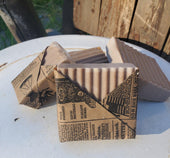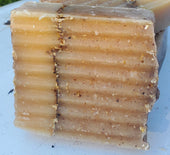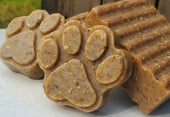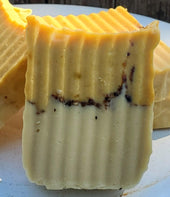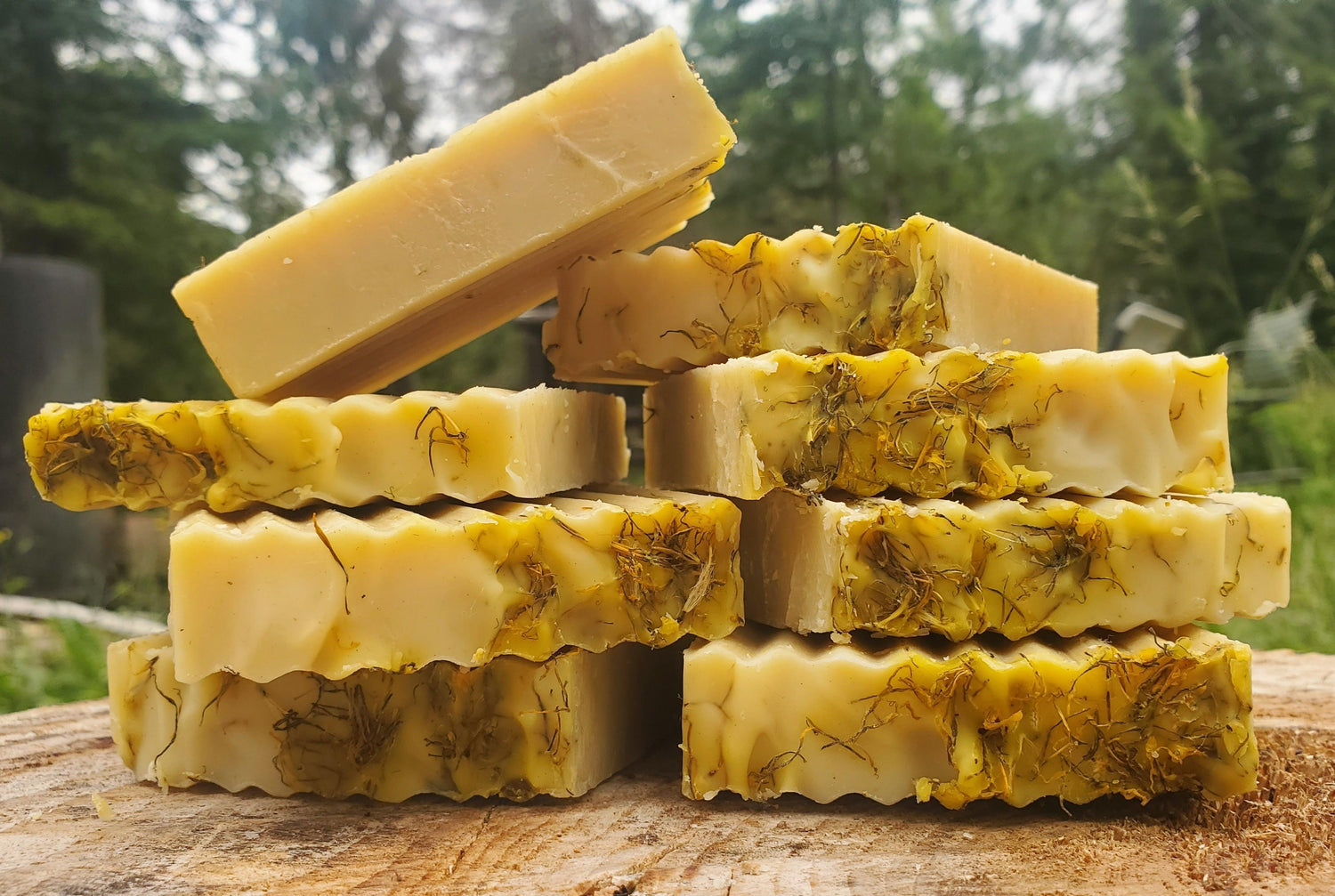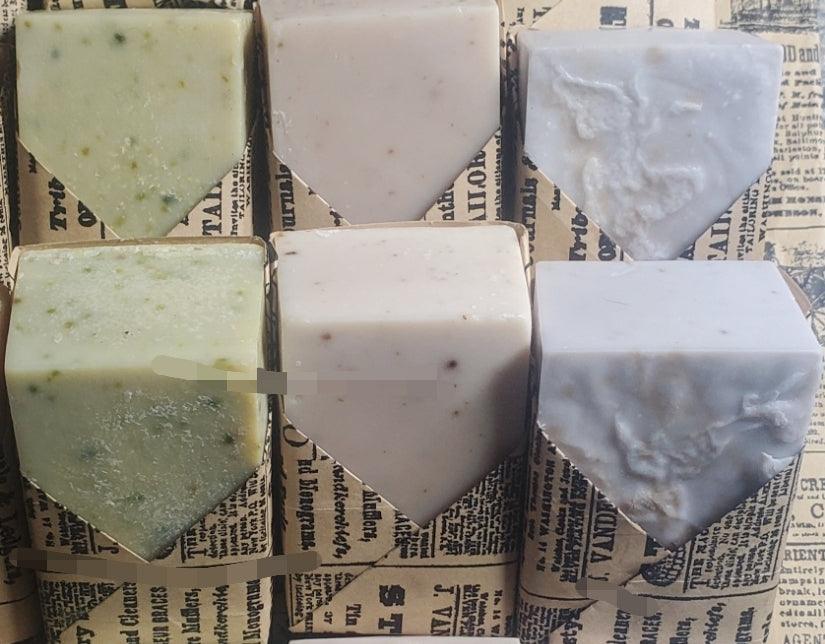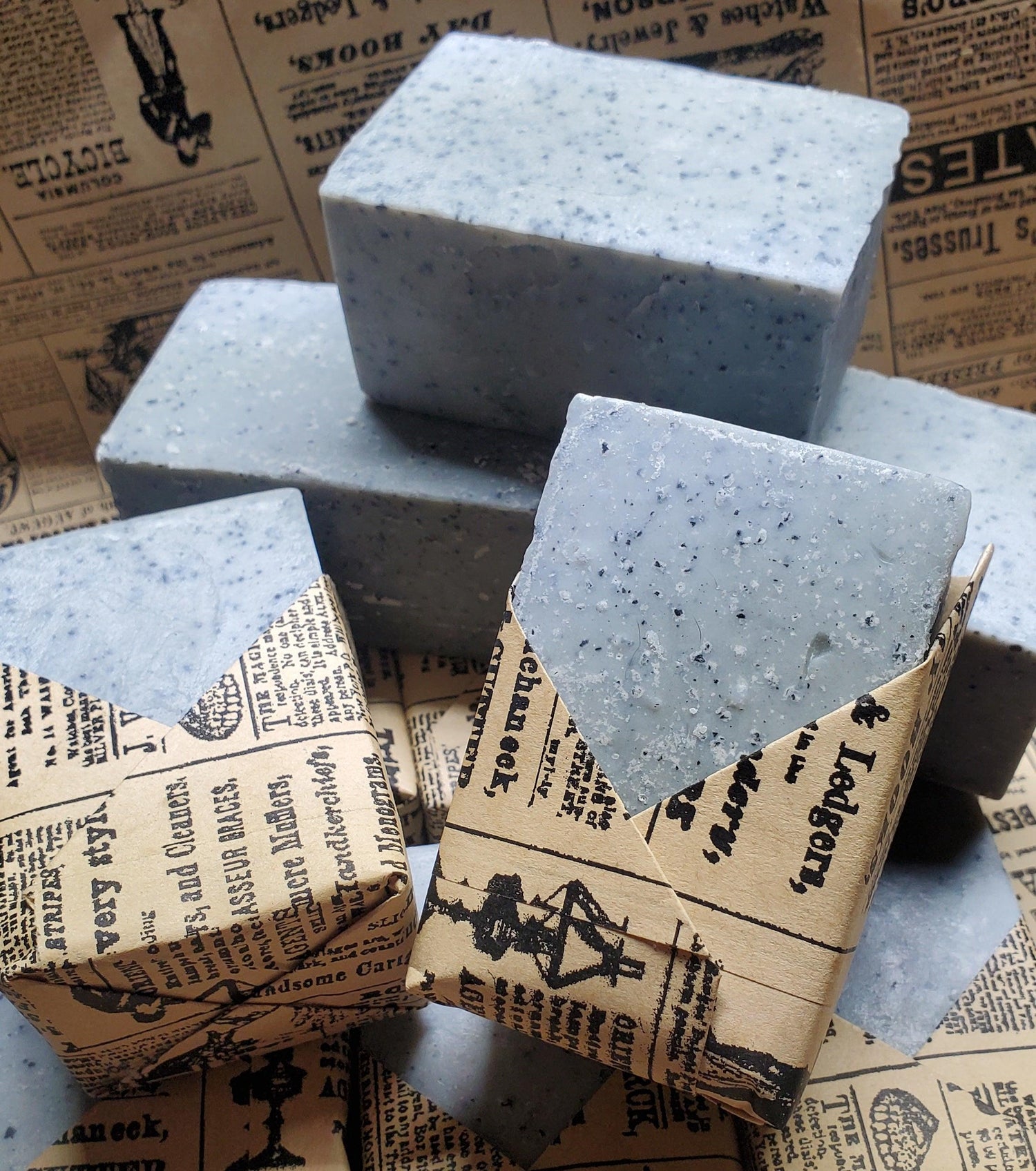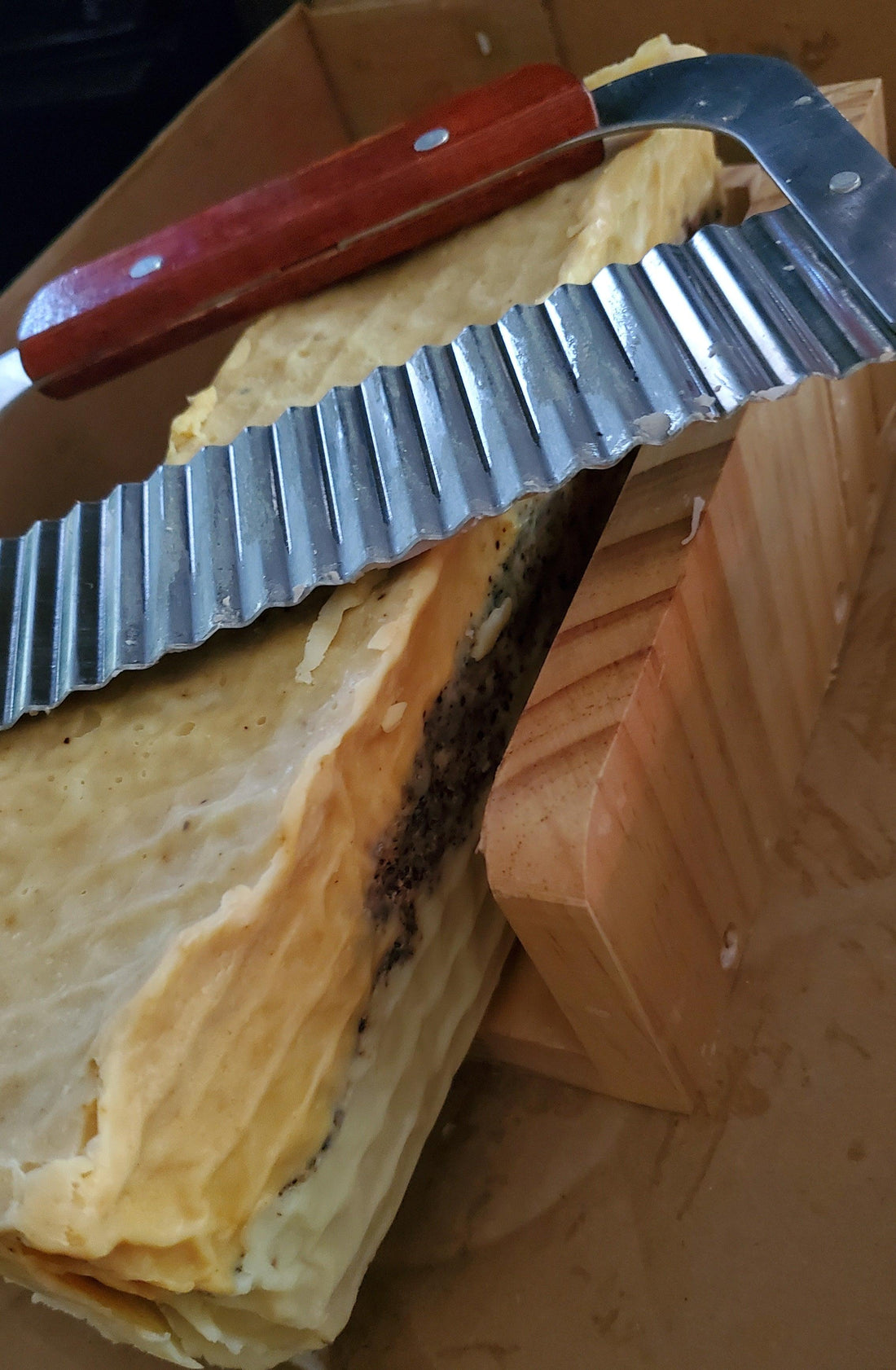
Soapy Science: A Brief History of Soap
Soap, an essential part of our daily hygiene routine, has a long and fascinating history that dates back thousands of years.
From its humble beginnings as a simple cleansing agent to the sophisticated craft of modern soapmaking, the evolution of soap reflects humanity's ingenuity, resourcefulness, and quest for cleanliness. Let's explore the history of natural soapmaking, tracing its origins, development, and it's enduring legacy through time.
Ancient Egyptians also practiced soapmaking, using a similar process to create soap-like substances for cleansing purposes.
Soapmaking spread to ancient Greece and Rome, where it became an established industry and an integral part of daily life.
During the Middle Ages, soapmaking became widespread across Europe, with soapmakers guilds established in major cities like Marseille, Venice, and Nuremberg.
The Industrial Revolution in the 18th and 19th centuries revolutionized the soapmaking industry, paving the way for mass production and the development of modern soapmaking techniques.
During this time, the traditional method of soapmaking using lye (sodium hydroxide) and fats was refined and standardized, leading to the production of hard soaps that were more stable and long-lasting.
Commercial soapmaking became increasingly mechanized, with soap factories employing steam-powered machinery to mix, mold, and cut soap bars on a large scale.
In recent years, there has been a resurgence of interest in natural soapmaking, fueled by a growing awareness of the benefits of using natural ingredients. Many people are turning to handmade soaps crafted with goat milk, eco-friendly oils, botanical extracts, and essential oils, seeking gentler alternatives to conventional soaps laden with synthetic chemicals and additives.
The history of natural soapmaking is a testament to humanity's ingenuity and creativity in harnessing the power of nature to create cleansing soaps. From ancient civilizations to modern artisans, the tradition of soapmaking continues to thrive, offering us a timeless reminder of the importance of cleanliness, hygiene, and self-care in our daily lives.
Author: Lazy Dairy Maid --
Sharing a daily routine with these animals and nurturing the land has instilled a deep appreciation for natural ingredients and time-honored traditions, like bread baking, cheesemaking, and the art of cold process soap production.
Side Note: This blog post focuses on the history of soap and the process of saponification. It does not delve into the specific properties of any soap itself, as those would fall under the purview of the FDA as cosmetics or drugs.
This blog post aims to inform it's readers about soap's rich history and the craftsmanship involved in creating this natural and luxurious product, soap.


